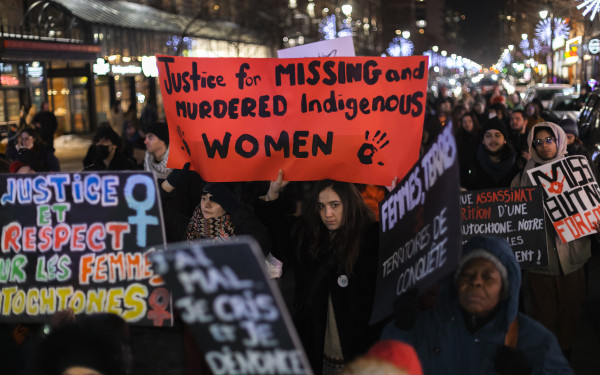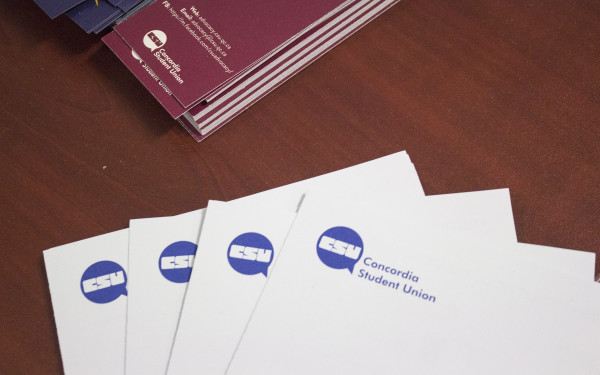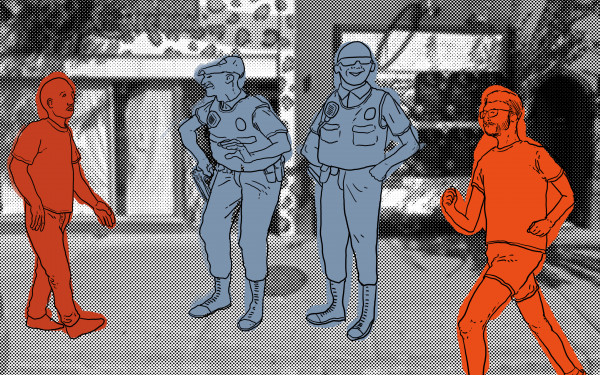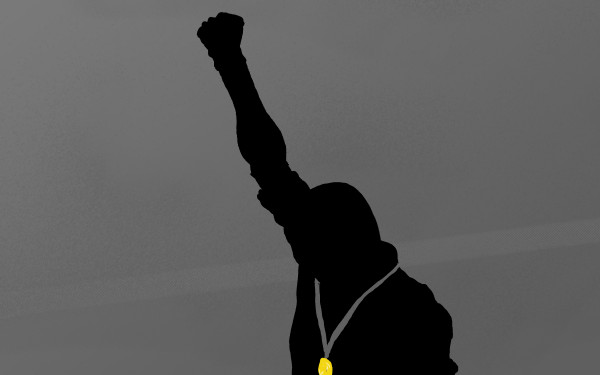It’s Canada Day: Stop Celebrating
Canada’s Continued Mistreatment of Indigenous Communities Must Be Addressed
July 1, 2020—it comes only a month after our feeds were clogged with useless images for #BlackOutTuesday. Many of the same people who posted black squares are now back to colour. Photos, boomerangs, and TikToks are about to paint your feed red and white for Canada Day.
While there has been an unignorable influx of human rights content on all platforms, it is also undeniable that many white people are all too content to get back to “normal.” But now is not the time to relax and see how everything pans out.
When we discuss and support Black Lives Matter in Canada, we must also discuss and support Indigenous lives. If you are supporting Indigenous lives, you cannot be celebrating Canada Day in a way that ignores the country’s relationship with Indigenous communities.
It might be tempting to let your hair down, take your mask off, and enjoy some cold ones with friends and family this Canada Day. But framing the celebration of Canada’s confederation in this light-hearted, consequence-free narrative intrinsically demeans the need for this human rights movement we are in the midst of.
When considering what exactly is being celebrated on July 1, who better to remind us of our country’s birth story than our first prime minister?
“The great aim of our legislation has been to do away with the tribal system and assimilate the Indian people in all respects with the other inhabitants of the Dominion as speedily as they are fit to change.”
– John A Macdonald, 1887
In the past month, the BLM movement has implored white people to have hard conversations about racism with their friends, families, and peers. We have come to a collective understanding that in order to fix a problem it must be acknowledged.
Once a problem is named, seen for what it is, actions can and must be taken to solve the problem. Of course, this is a simplified equation for a deeply rooted history of racism, but it is all to say that we must have conversations about Canada’s anti-Indigenous past and present this Canada Day.
While most of the country spends July 1—as well as days like Victoria Day and Saint-Jean-Baptiste Day—celebrating national pride, the holiday for Indigenous peoples stands as a glaring reminder of the genocide, trauma, and displacement their communities continue to experience.
Canada is a colonial country that was only able to confederate through the murder of Indigenous Peoples, attempted erasure of their culture and identity, and forced displacement.
The celebration of Canada’s confederation is a white-washed narrative established in order to keep non-Indigenous people comfortable and content.
Being uncomfortable is a necessary component of facing privilege, addressing our own internalized biases, and holding people and government officials accountable. If we are outraged at the still-standing statues of racists around colonial countries, then why, year after year, do we celebrate the genocide that created this country?
Our apathy partly stems from our lack of education on the matter. We need to acknowledge that most of us simply do not know enough about colonialism in Canada. We need to begin with educating ourselves and being honest about what has and is still happening on this land.
It is no secret that the Canadian education system does not sufficiently educate students on Indigenous histories, cultures, and issues.
One of the most obvious examples is the widespread lack of understanding of the Indian Act. By now, many people have heard about this act, maybe even read a few slides in an Instagram post about it.
This act is a complex piece of legislation created in 1876, nine years after Canadian confederation, and, although revised, is still in effect today. The act was developed through the consolidation of other pieces of colonial legislation such as the Gradual Civilization Act 1857, which was created in an attempt to assimilate Indigenous peoples into Canadian society.
The confederation of Canada that is celebrated on July 1 cannot be fully understood without understanding the paternalistic and oppressive nature of the Indian Act, which still harms the lives of First Nations, Inuit, and Métis peoples across this land.
Today, the Indian Act invasively governs the everyday lives of Indigenous peoples in ways non-Indigenous people take for granted. The Canadian Encyclopedia summarizes the Indian act as “the principal statute through which the federal government administers Indian status, local First Nations governments and the management of reserve land and communal monies.”
By dispossessing Indigenous communities of their lands, systems of governance, independent economies, access to traditional food sources, and self-sufficiency, the Indian Act—even in it’s reformed state—continues to marginalize Indigenous communities. This can be seen in these communities’ access to health care, education, jobs, housing and even drinking water.
In 2018, Indigenous People made up about 6% of British Columbia’s population but made up 46% of the province’s homeless population.
In 2016, Statistics Canada reported that in the North West Territories the employment rate for Indigenous residents was 52.5 per cent compared to 81.3 per cent among non-Indigenous residents.
More than 150,000 Indigenous children were taken from their families in order to be stripped of their cultural identity through the residential school system. It is widely agreed up in the medical field that the mental health consequences of this colonial practice are still seen today.
Suicide rates for First Nations youth are seven times higher than non-Indigenous youth. The suicide rates among Inuit youth are 11 times higher—which is one of the highest rates in the world.
While the exact number of missing and murdered Indigenous women is still uncertain, over 2,380 family members, and survivors participated in the national inquiry which examined and reported systemic causes behind these acts of violence.
While the Liberal party has promised to end water advisories in Indigenous communities by 2021, there are currently still 61 advisories in effect, meaning these communities’ water is not safe to drink and use. By the public being aware of this, and other issues, we can hold our government accountable to ensure everyone in Canada has access to clean drinking water.
These are only a few pressing and ongoing issues. There is a lot to learn.
It may seem overwhelming when we begin to educate ourselves, but it must be done so we can stand in solidarity with Indigenous peoples in order to fight for the justice of those whose pain is disregarded while others celebrate on July 1.

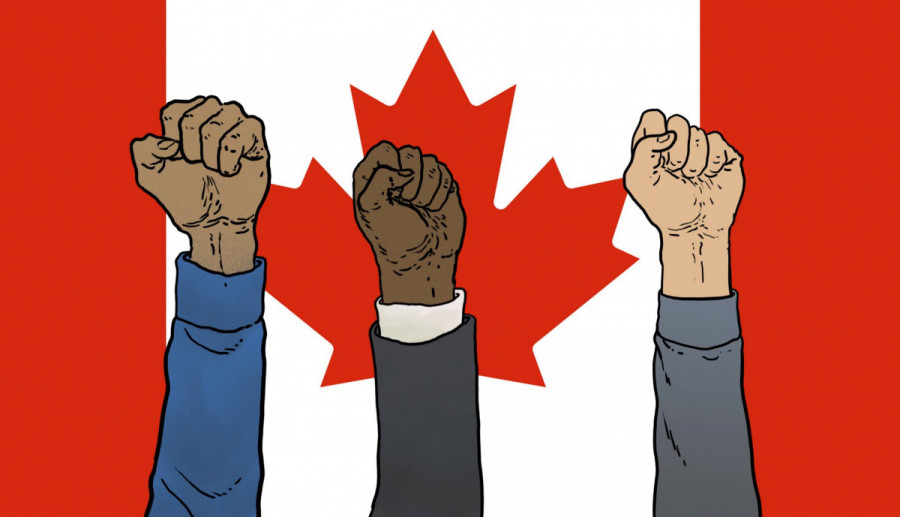
_600_832_s.png)

